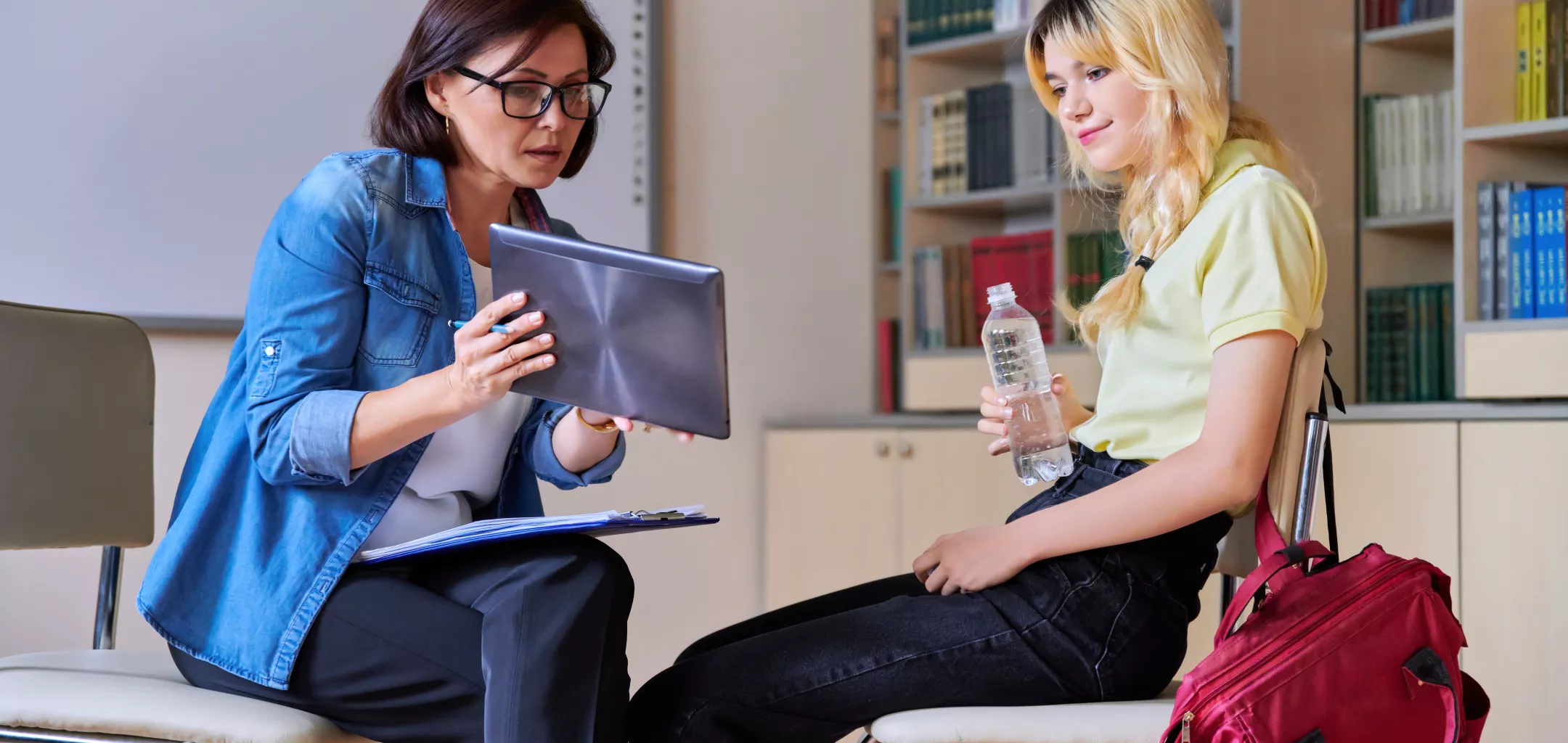Data-Driven Advocacy: The Critical Need for Robust Return to School Policies for Students with Concussions
2 Mins


I want to continue highlighting Dylan Keusch’s 2024 Honors Thesis from Cornell University. Dylan did an excellent job piecing together statistics that vividly demonstrate the need to take post-concussion Return to School policies seriously.
Dylan analyzed studies that considered students with concussions and the effect those concussions had on the student’s GPA and their future academic trajectory.
Here are some of the startling findings he highlighted:
- “Students who had a sports- and physical-activity-related concussion (SPAC) during the last 12 months were less likely than those without a SPAC to report mostly making A’s and self-reported GPA was also significantly lower.”
- “Estimated GPA was highest among students who reported no concussions (GPA = 3.14), significantly lower among students who had a single concussion (GPA = 3.04), and was lowest among students who reported two or more concussions (GPA = 2.81)”
Citation: Concussion and Academic Impairment Among U.S. High School Students” (Lowry et al., 2017)
- “Young adults with a history of TBI were 3 times less likely to complete high school and 2.3 times less likely to obtain a university degree.”
- “Approximately half of the group participants described some educational difficulties since their injury” and “were more likely than expected to leave school prior to high school completion.”
Citation: “Educational, Vocational, Psychosocial, and Quality-of-Life Outcomes for Adult Survivors of Childhood Traumatic Brain Injury” (Anderson et al., 2009)
- “Individuals with a history of childhood ABI (Acquired Brain Injury) are significantly less likely to obtain a university degree and significantly less likely to be employed.”
Citation: Academic and post-secondary participation of students with ABI after the BrainSTEPS program” (Riccardi et al., 2022)
As CBIRT’s policy coordinator, I use peer-reviewed science to develop great policy. What Dylan’s research demonstrates is that students recovering from concussions need help during their recovery. His review of the literature provides clarity borne from statistical analysis which points to the need for robust accommodation for students recovering from concussions and other brain injuries. It further highlights the fact that students who suffer multiple concussions over time need even more accommodation than students who suffer a single concussion.
In other words, students with concussions need help upon their return to school. Our policies must provide that help by mandating academic, social, and behavioral accommodations. We know that peer-reviewed science supports this position, and now we must create and implement policies consistent with what science tells us. Anything less is a disservice to our children.

